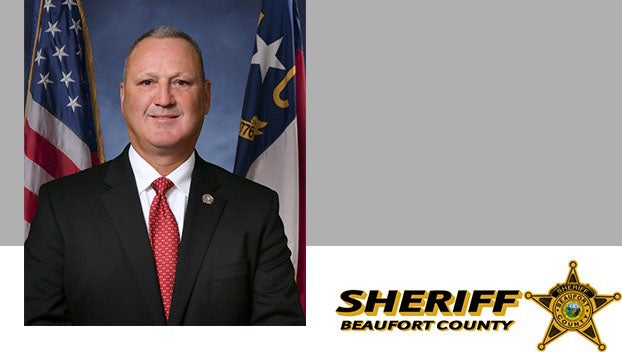Funding option: Service fee could replace license fee as revenue source
Published 7:39 pm Tuesday, March 17, 2015
As City Manager Brian Alligood and other city staff craft a proposed city budget for the upcoming 2015-2016 fiscal year, the mayor and City Council know Alligood’s recommended budget will be changed.
One of those changes could be an administrative service fee that would generate revenue the city is losing with the loss of its ability to raise revenue by issuing business licenses.
One of Alligood’s goals is to present the council a proposed budget that does not raise taxes. And when it comes to a budget, the council’s job is to find the money to implement whatever budget it approves in late May or June. When it comes to putting together a budget each year, city officials know there are constants — like how much to fund outside agencies — and variables — like losing a revenue source because of action taken by the N.C. General Assembly.
On May 29, 2014, the Legislature passed, and Gov. Pat McCrory signed, a law that affected business (or privilege) license taxes in North Carolina. That law removed from local governments the authority to levy business-license fees beginning with the 2015-2016 fiscal year, which begins July 1.
Councilman Bobby Roberson, in a brief interview Tuesday, said loss of the revenue from the business licenses would be noticed.
“It’s gong to have an impact. That money ranges anywhere from $165,000 to $180,000. It’s definitely an impact on us,” Roberson said. “In addition to that, they’re also working on the reallocation of the Powell Bill money, as well. Those two are definitely something we’ve got to look at.”
Roberson said there might be a revenue source to replace the business-license revenue.
“He (Alligood) had talked, generally, about putting in — and we’re double checking this with the (N.C.) League of Municipalities and the Institute of Government — about putting in a service fee — and administrative service — for each one of those businesses at a minimum of $25. So, we are looking at alternatives to try to generate that revenue,” Roberson said.
The business-license fees used to bring in about $200,000 in revenue each year for the city, according to Matt Rauschenbach, the city’s chief financial officer. The amount fell to about $120,000 a few years ago after the city modified its fee schedule for business licenses, he said. The city took in about $123,000 in such revenue during the 2013-2014 fiscal year, he noted.
During a City Council meeting late last year, Alligood said it would take an increase of 1.5 cents on the city’s property-tax rate to replace the revenue the city would lose when it no longer can impose business-license fees. Currently, the city’s property-tax rate is 50 cents per $100 valuation. A penny on the tax rate generates about $83,000 in revenue for the city, according Rauschenbach.
At that meeting, Council member William Pitt challenged Alligood to find a revenue source to replace the business-license revenue.
“We need a plan to fill in the lost revenue from the privilege-license tax if we don’t have one currently in place. That is something that will be coming to us before July of 2015 — to replace the dollar amounts we’re not going to have available to us because of the privilege-license tax being done away,” Pitt said.
As for the Powell Bill money Roberson mentioned, it is allocated to local governments to help pay for street paving, maintenance and widening or for planning, construction and maintenance of bikeways, greenways or sidewalks.
The amount a local government receives in Powell Bill money varies each year. The amount varies because of the formula used to calculate the allocation. As a city or town’s population and miles of paved/unpaved roads changes, those parameters affect that city or town’s allocation.
Washington received $296,085.16 in Powell Bill money for fiscal year 2014, according to a N.C. Department of Transportation document.
A change in how the Powell Bill money is allocated could reduce the city’s annual allocation.






